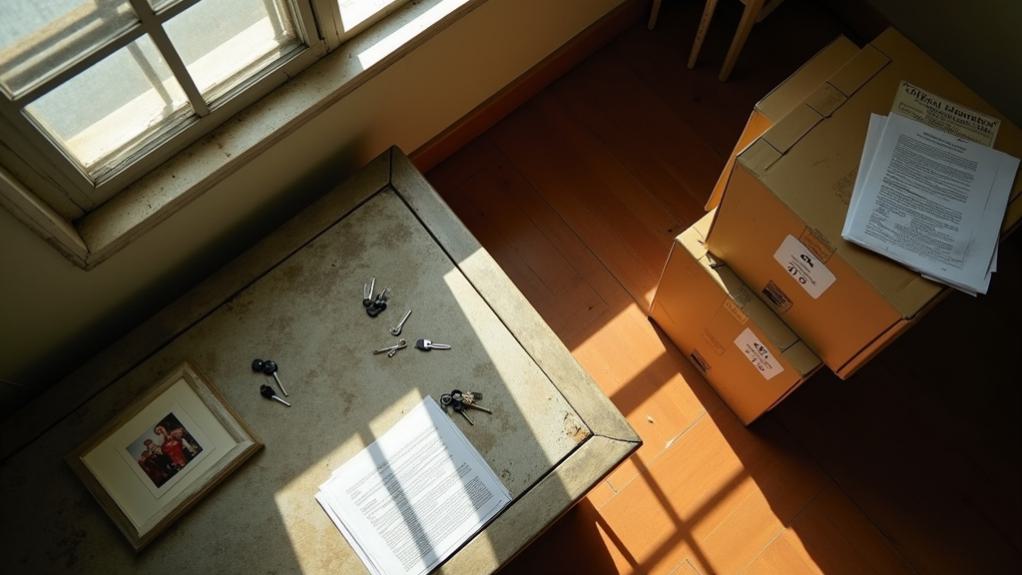Many Singaporeans overlook the critical matter of estate planning, particularly regarding their Housing and Development Board (HDB) flat, which often constitutes their most considerable asset. In the absence of a valid will, the distribution of an HDB flat automatically falls under Singapore’s Intestate Succession Act, with non-Muslim estates administered by the Family Justice Courts and Muslim estates governed by Syariah law (Faraid) through the Syariah Court.
Estate planning is often overlooked, yet crucial—especially for HDB homeowners facing complex inheritance laws when no will exists.
The ownership structure of the HDB flat greatly influences inheritance outcomes. Most couples hold their flats under joint tenancy, whereby the principle of survivorship operates, allowing the surviving co-owner to automatically inherit the deceased’s share, irrespective of intestate succession rules. This arrangement overrides any will that might attempt to distribute the property differently.
Conversely, for flats held under tenancy-in-common arrangements, the deceased’s portion distributes according to intestate succession laws, potentially creating multiple part-owners of the property.
The Intestate Succession Act prescribes specific distribution formulas for non-Muslim estates. When a deceased leaves behind a spouse and children, the estate divides equally between them—50% to the spouse and 50% distributed among the children. Without children, the spouse receives a larger portion, while parents, siblings, and other relations inherit only in the absence of closer family members, following a predetermined hierarchy. When there are no surviving relatives found, the government claims all remaining assets from the estate.
When minors inherit property, their assets remain in trust until they reach the age of majority, typically 21 years. This necessitates the appointment of trustees for effective asset management during the interim period.
Importantly, all inheriting parties must satisfy HDB eligibility requirements to retain the flat; otherwise, property disposal on the open market becomes mandatory. The Ethnic Integration Policy may also impact inheritance options, especially for multi-ethnic families managing HDB property transfers.
The deceased’s assets, including the HDB flat, remain frozen until the court issues a grant of letters of administration, which legally authorizes administrators to manage and distribute the estate. This administrative process entails considerable time and expense, further complicating property transfer procedures.
The complex interplay between intestate succession laws and HDB regulations underscores the importance of thorough estate planning to guarantee efficient property transfer according to one’s wishes.





